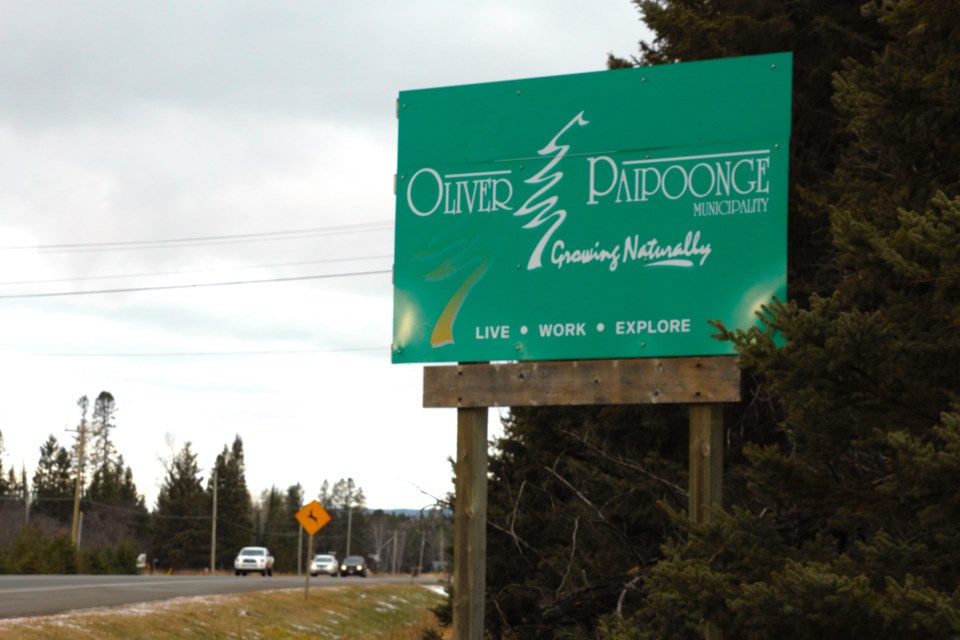OLIVER PAIPOONGE — The Municipality of Oliver Paipoonge has put aside $300,000 in its proposed 2024 budget for a tested, chlorinated filtration system expected to remove arsenic from Rosslyn village's drinking water supply.
Mayor Lucy Kloosterhuis said on Tuesday she expects the budget to be put to a vote early next month.
Kloosterhuis, who emphasized the $300,000 figure "is just an estimate," said she hoped the arsenic-removal system would be in place by spring. A contractor has yet to be selected.
"We want everyone (in the village) to have access to clean water," she said.
About 30 Rosslyn village households, whose communal well supply remains contaminated with arsenic, have been relying on bottled water since this spring.
Rosslyn's communal-well system includes chlorination. It's not unusual for well-based drinking water systems to be found with elevated arsenic levels.
In August, Ontario's Walkerton Clean Water Centre (WCWC) determined through a pilot project "that arsenic levels (in Rosslyn's water) were reduced to acceptable levels using (a) chlorination filtration" system, a municipal update said.
A "second testing event conduct by WCWC in October confirmed the results of the initial testing," the update said.
The filtration system, which is subject to approval by the province's environment ministry, would be housed inside a "sea can" container unit added to Rosslyn's existing water treatment facility.
Until it's in place, the municipality is spending about $4,000 per month to provide bottled water to affected village residents.
As recently as the end of 2022, the village's water plant was found "to be producing good quality water" following a regular system inspection.
That changed in early March when "high levels" of arsenic were found in a sample.
At the time, the Thunder Bay District Health Unit advisory warned the water "is not to be consumed, even if it is boiled."
The Chronicle Journal / Local Journalism Initiative
